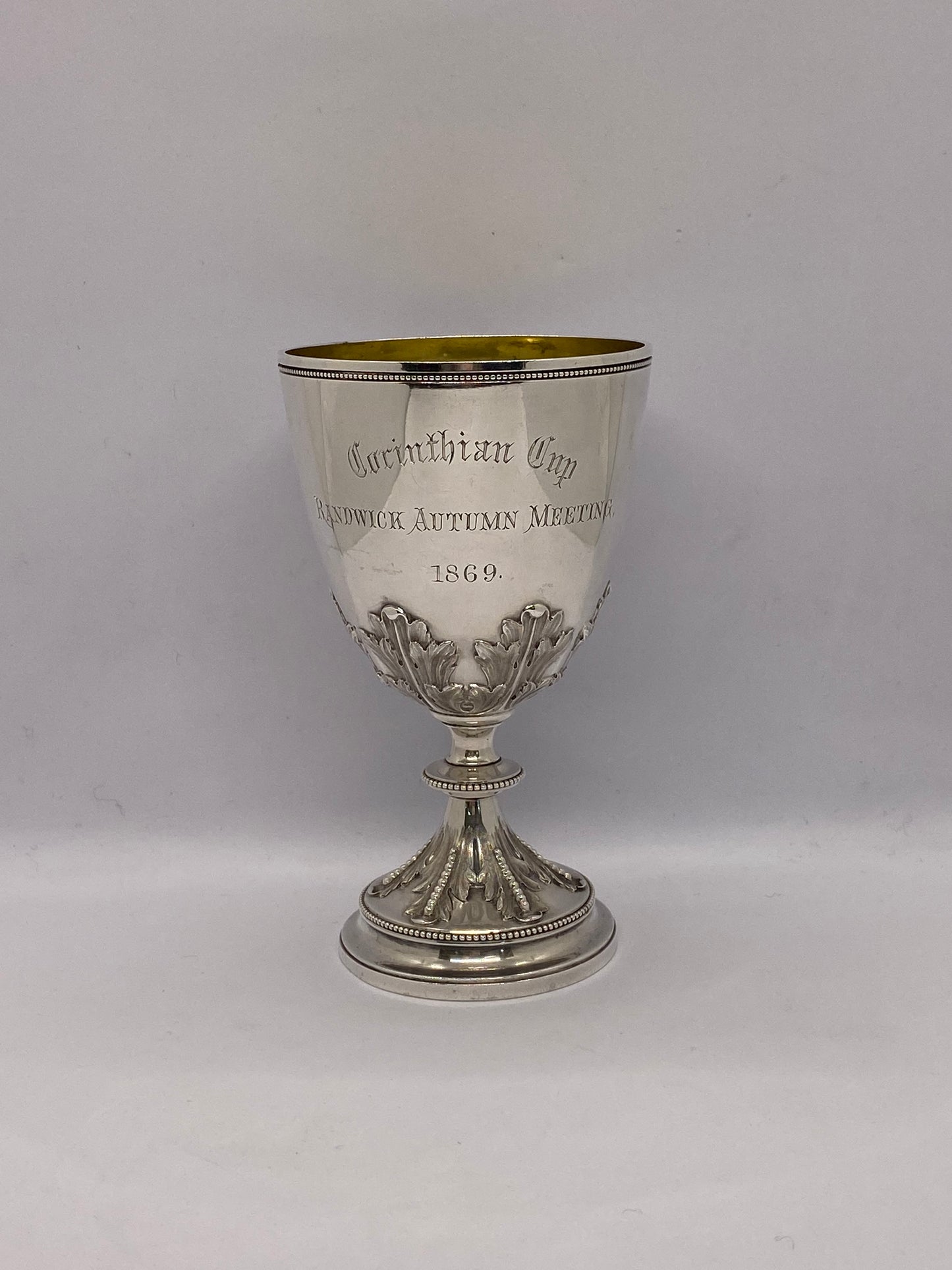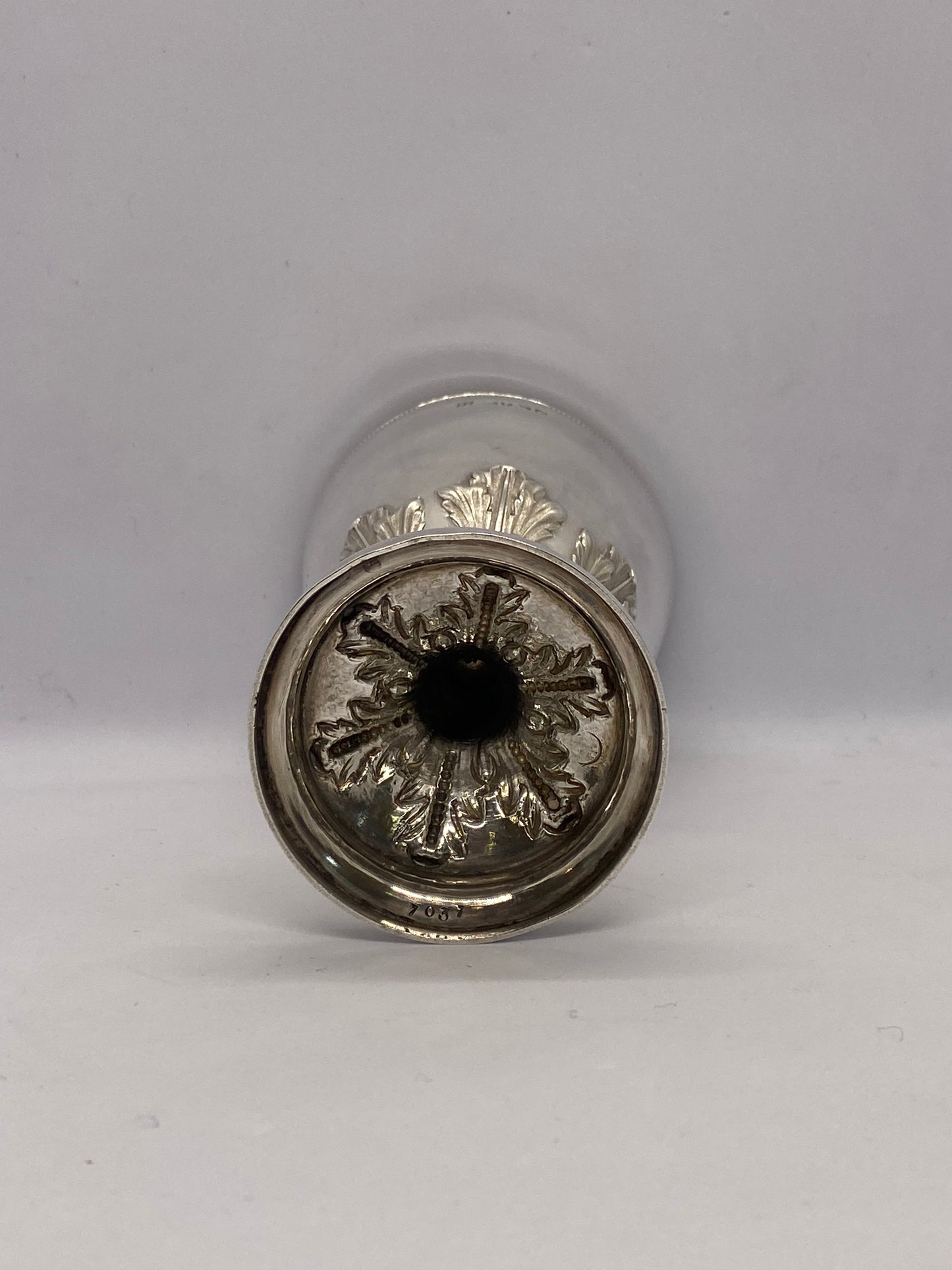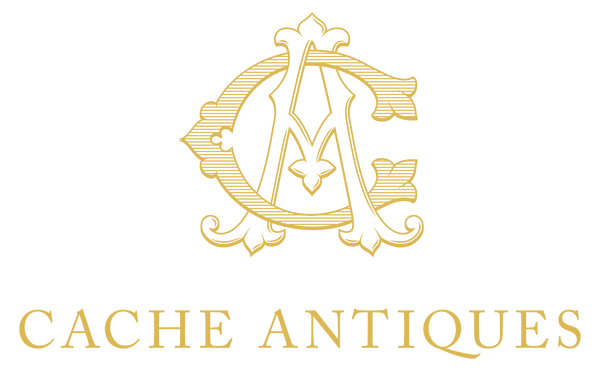cacheantiquessydney
Sterling Silver Corinthian Cup for Randwick Autumn Meeting 1869
Sterling Silver Corinthian Cup for Randwick Autumn Meeting 1869
Couldn't load pickup availability
This particular cup bears an inscription for the Randwick Autumn Meeting 1869- from our research the Corinthian Cup was held for gentlemen riders during the Randwick Autumn Meet which was established sometime in the 1850s. In Queensland for instance, "The Corinthian Handicap was limited to horses that were the bona fide property of members of the Club for three months prior to the time of starting. They were to be ridden by club members."
Horse Racing in Australia first began in New South Wales, with 1833 being the year Randwick Racecourse was first built; the Melbourne Cup was first held on 1861.
The Corinthian Cup is an important cup in Australian racing history; cup examples from the Caulfield racecourses can be found in several museums, but none from the Randwick racecourses, making this a particularly rare and early example of Australian racing history.
https://victoriancollections.net.au/items/5981133321ea67237800f003
Here is an article describing the events of the racing meet in 1869; it should be noted that this was a significant year in Australian racing history moreover, as it was the year of the Barb's second win of the Sydney Cup which is described below.
RANDWICK AUTUMN MEETING.
NELSON EXAMINER AND NEW ZEALAND CHRONICLE, VOLUME XXVIII, ISSUE 38, 12 MAY 1869, PAGE 6
https://paperspast.natlib.govt.nz/newspapers/NENZC18690512.2.30
Here also find an article on the Randwick Spring Meeting 1869 (directly after this particular event), which directly mentions the Corinthian Cup and establishes that it was an event that occurred during the regular Randwick Meets:
DATED Tuesday 14th Sep 1869
https://trove.nla.gov.au/newspaper/article/1295843
Here we have transcribed the excerpt in question: "The Corinthian Cup was regarded as a gift to Whalebone but turned out to be a gift to Sir Hercules, who was ridden by Mr Orr, and won as he liked. Sir Hercules was protested against, however, as being the winner of £50 prize.”
Cup Measurements:
8 cm diameter, 13.5 cm high
Weight: 143grams
Marks for London 1866, George John Richards & Edward Charles Brown
Shipping & Returns
Shipping & Returns
Share












